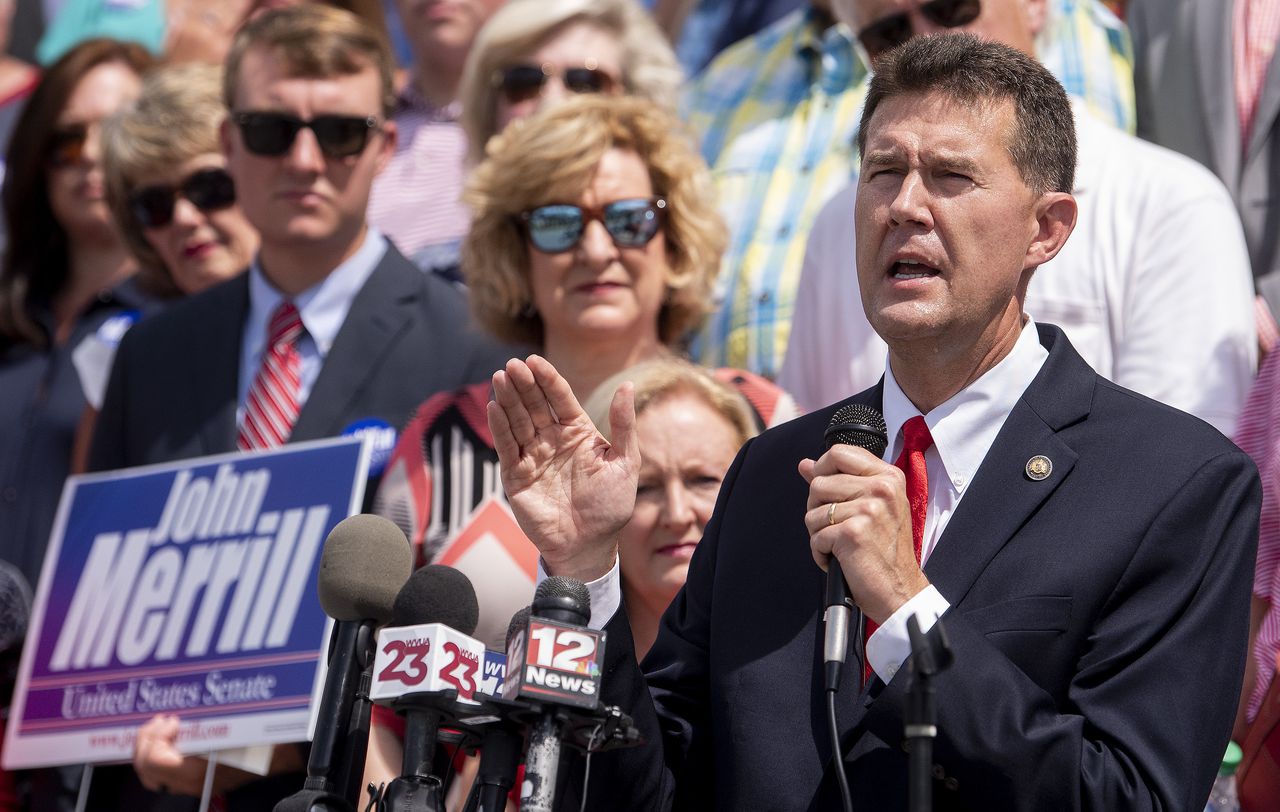Merrill ordered to turn over names of Alabama’s disqualified voters
A federal judge has ruled that Alabama Secretary of State John Merrill must provide the names, addresses and phone numbers of people barred from voting because of felony convictions to an organization that works to restore felons’ voting rights.
U.S. District Judge Myron Thompson issued the order in favor of Greater Birmingham Ministries last week and ordered Merrill to provide the names immediately because of the approaching deadline to register to vote, which is October 24. Greater Birmingham Ministries initially requested the information in the spring of 2021, according to Thompson’s order.
Today, Merrill referred questions about the case to Alabama Attorney General Steve Marshall. Marshall’s office said they had no comment when asked if the state will appeal.
Thompson agreed with Greater Birmingham Ministries’ position that the information requested fell under a public inspection provision of the National Voter Registration Act (NRVA).
The organization requested the names of people:
- Removed from voting rolls because of a disqualifying felony conviction for the two years prior to June 11, 2021.
- Whose application to register to vote was denied because of a felony conviction for the two years prior to June 11, 2021.
- People removed from the voting rolls after the 2020 general election.
Greater Birmingham Ministries filed the lawsuit in February of this year. According to Thompson’s order, the organization sued after Merrill refused to provide the first and second categories of records and offered to provide the third category at a price of one cent per voter, a total of $1,123.
Greater Birmingham Ministries contended that Merrill was required to provide the records in digital form, either for free or at a reasonable price.
Thompson denied Merrill’s motion to dismiss the lawsuit and held a trial July 28-29. According to the judge, evidence presented at the trial established that Merrill maintains all of the information that Greater Birmingham Ministries has requested in a digital database called PowerProfile.
Thompson said the key questions for the court to decide were whether the requested information fell under the public inspection requirements of the NRVA and whether Merrill must send the records in digital form and provide them at reasonable price. Thompson found that the answers to those questions was yes.
The state had argued, in part, that the public-inspection provision only pertained to records relating to the removal of voters from the voter rolls because they have moved or died, not those who lost voting rights because of felony convictions.
The state also argued that the NVRA does not require digital records. But Thompson wrote that the law requires digital access in the specific circumstances of this case, where the records are already kept in digital form, and “where providing them in any other form would unduly interfere with the NVRA’s express purposes, and where the window of time before the registration deadline for the next election is so slim.”
Thompson ordered the parties to determine a reasonable cost that Greater Birmingham Ministries should pay for the records, a cost he said should be based on the actual expenses of providing the records.
